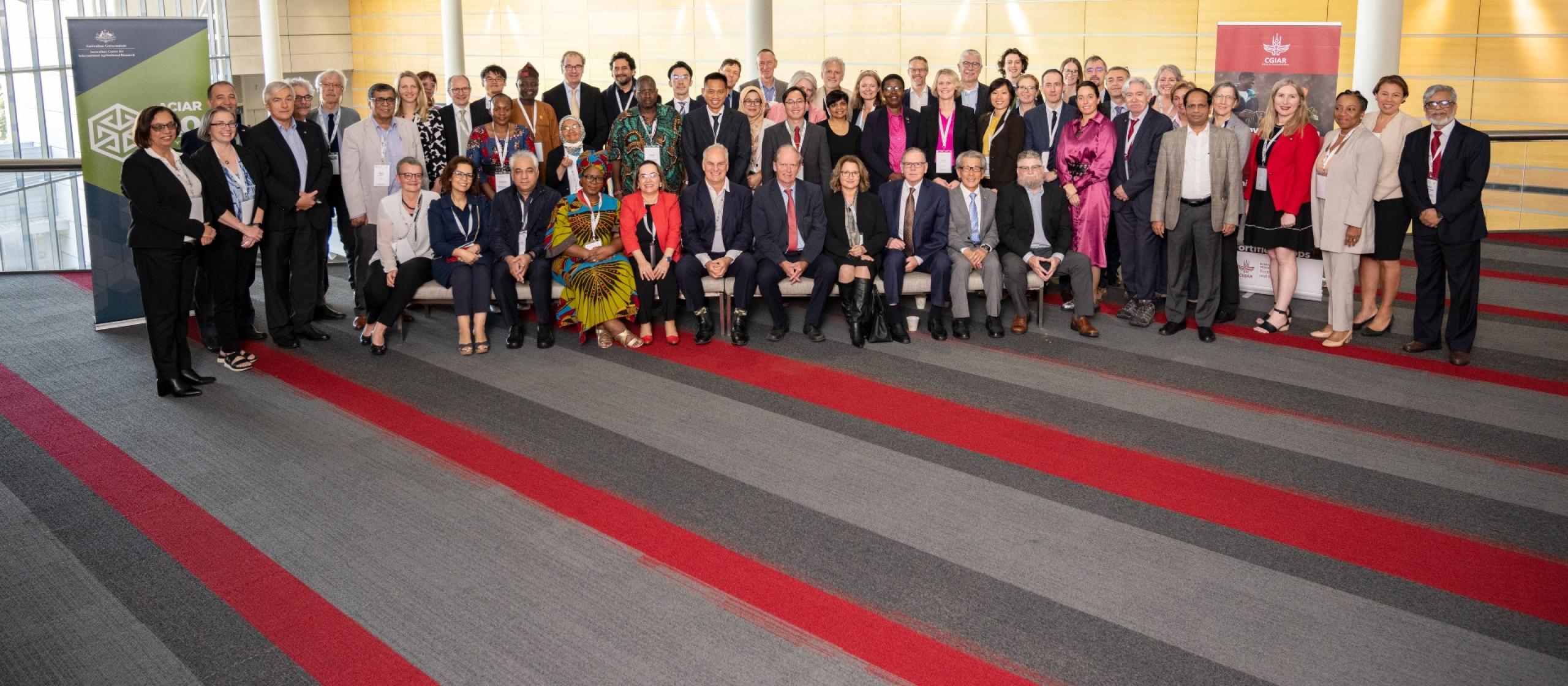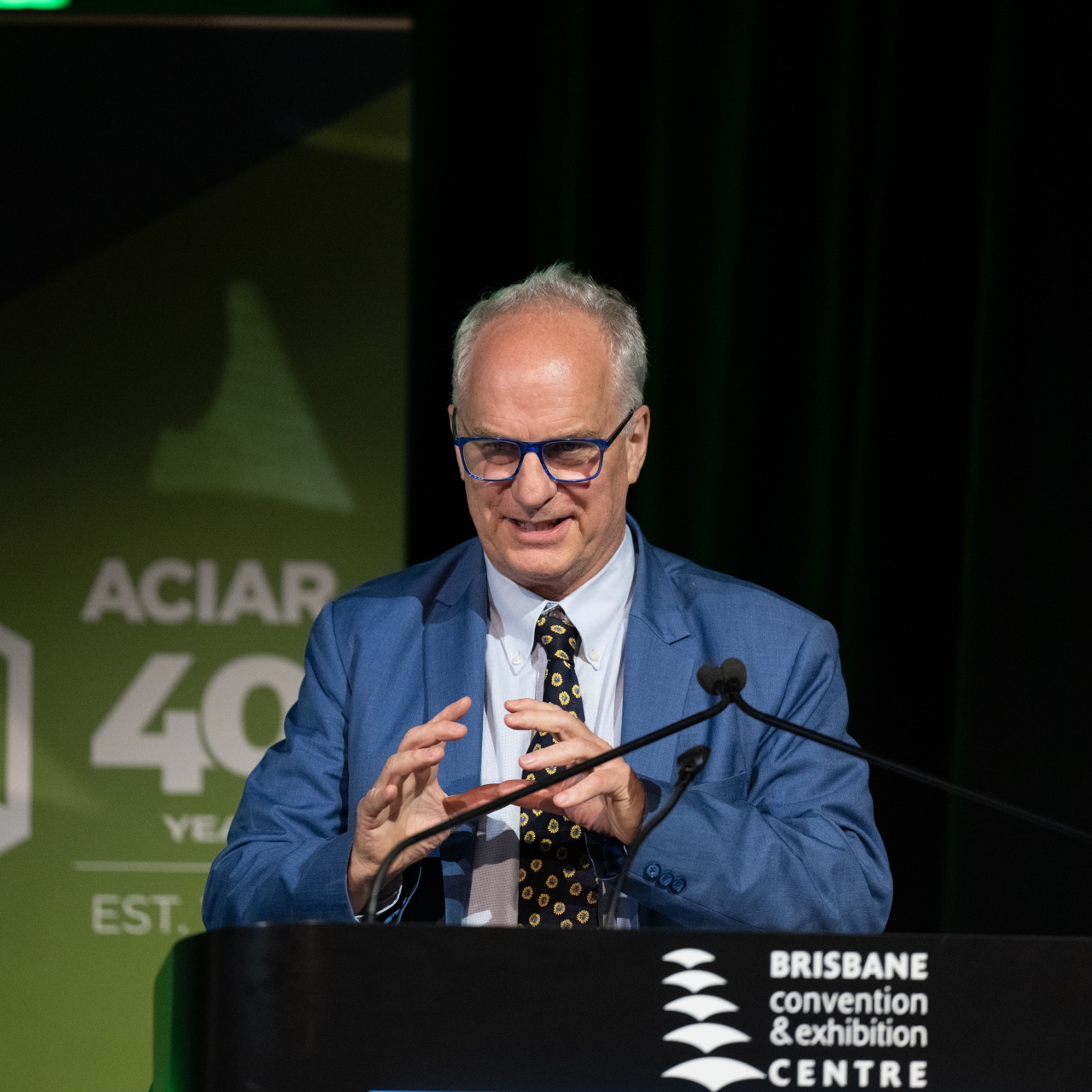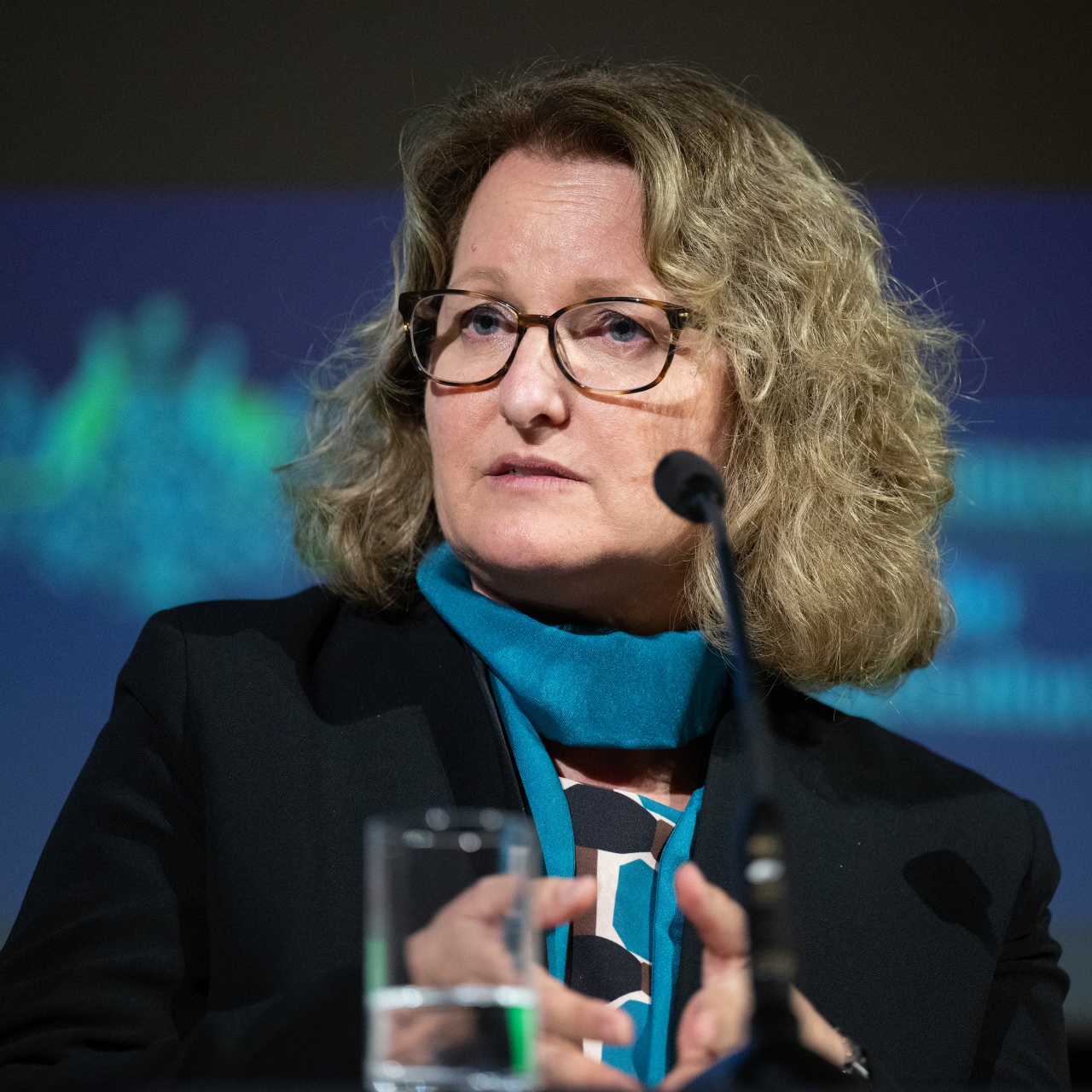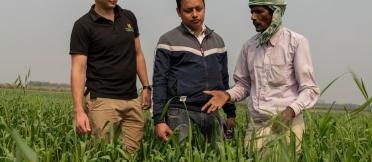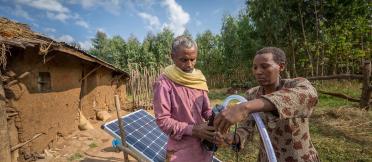By Professor Andrew Campbell, CEO, the Australian Centre for International Agricultural Research (ACIAR) and Dr Claudia Sadoff, Executive Managing Director, CGIAR
Rising food, fertiliser and fuel prices, exacerbated by the war in Ukraine, remind us that Australia is susceptible to global shocks. Perhaps less widely acknowledged is the significant role that Australian science, innovation and partnerships are playing, not only in buttressing national food security but also in supporting global responses to ongoing crises.
The Australian government has been investing in CGIAR, the world’s largest agricultural innovation network, since its founding in 1971 when it set out to avert widespread famine and spared hundreds of millions of people from starvation in the 1970s and 80s.
This investment has also benefitted Australia’s primary industries and rural communities through access to CGIAR’s research centres and resources, including its global, open-access collection of crop samples and genetic materials. In the face of current food and climate crises, this mutually beneficial relationship has potential to deliver yet more innovation, particularly across the Indo-Pacific region.
